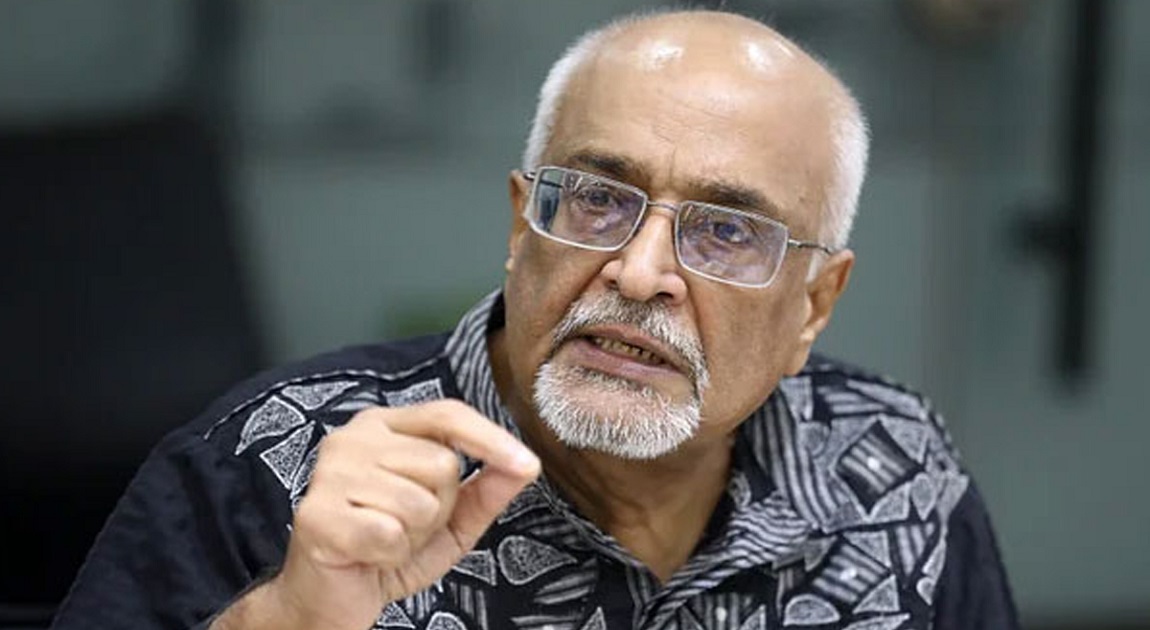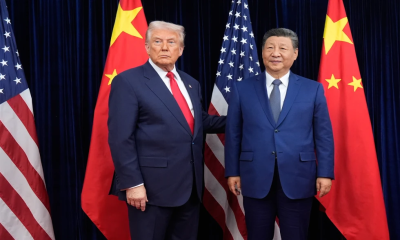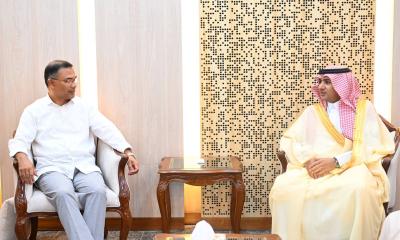Bangladesh is passing through a “storm” that is being felt in both the social and economic lives of its people, observed Debapriya Bhattacharya, Convenor of Citizen’s Platform and Distinguished Fellow of the Centre for Policy Dialogue (CPD).
He questioned whether the interim government has “lost its way” in pursuing reforms.
He made these remarks on Monday morning at the launch of a new initiative titled Bangladesh Reform Watch at a hotel in Gulshan.
Debapriya Bhattacharya, who chaired the Interim Government’s White Paper Committee on the economy, spoke critically of the fading momentum of reform efforts.
CPD Chairman Professor Rehman Sobhan attended the event as chief guest, alongside political leaders, civil society representatives, economists, and business leaders.
“At the beginning of the interim government, we engaged with its reform agenda,” Bhattacharya said. “But now the enthusiasm has largely diminished. Is this due to a lack of ambition, conflicts of interest, or something else? Has the interim government lost its way? That question is increasingly pressing.”
He further noted that while many can provide the technical knowledge for reforms, the challenge lies in implementation. “This initiative is aimed at generating social demand for reform by connecting with citizens’ voices,” he explained.
Presenting the keynote paper, CPD Senior Researcher Towfiqul Islam Khan said that following the July uprising, there were widespread expectations of reforms across different sectors. “But how far has that agenda progressed in one year? And in the remaining tenure, how much further can the interim government advance reform? Will political party manifestos truly reflect people’s aspirations for reform?” he asked.
Towfiqul explained that Bangladesh Reform Watch will track how inclusive and participatory the reform process is, especially for marginalized groups.
Dhaka University Professor Selim Raihan remarked that while reform discussions have long been part of national discourse, their actual implementation depends on the capacity and will of the state and government.
“There are entrenched interests among bureaucrats, business elites, and political actors who resist reform. We must assess how committed political parties are to overcoming these obstacles,” he added.
CPD Distinguished Fellow Mostafizur Rahman said, “Many past reforms were left unimplemented. Will it be different this time? That remains a crucial question. Yet we remain hopeful of success, which is why we have brought diverse stakeholders into this process.”
Representatives of various citizen platforms also shared their perspectives on the state of reforms during the seminar.













-20260222063838.webp)







-20260221022942.jpg)
-20260221022827.webp)












